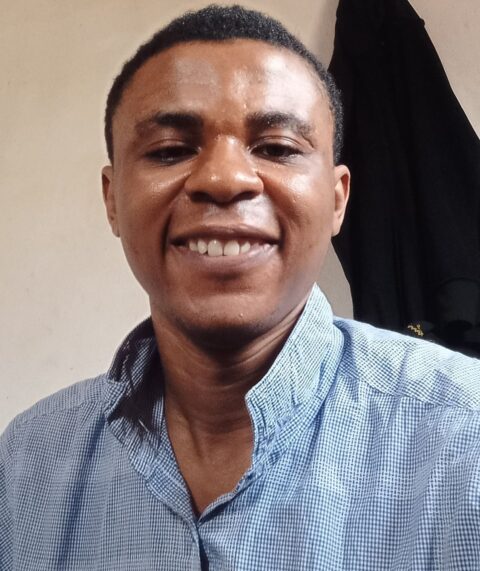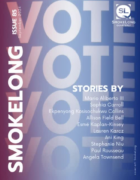I’m always very intrigued by the use of the second person in fiction. Why did you decide to tell this story in the second person?
There’s something about the second person that shifts the focus away from the writer. In first-person narratives, the writer is always at the forefront, feeling everything the character feels. Second-person narratives help you bridge that. You take a seat back. It’s almost like gossip. Because sometimes when people talk about someone other than themselves, they are usually free and talkative.
Are there any stories written in the second person that you particularly admire?
Yes, a lot, actually. Tsitsi Dangaremba’s “This Mournable Body”, the last in her trilogy, was a delight to read. I go back again and again. There’s so much to learn and admire. Carmen Maria Machado’s In the Dream House. Chimamanda Ngozi Adichie’s short story “The Thing Around Your Neck,” Vicente. G. Groyon III’s “Boys who Like Boys” and Mhembeuter Jeremiah Orhemba’s “A Boy’s Symphony.”
This story is all about the possibility of something happening, though that something doesn’t actually happen in the story. Why did you make this choice?
Being queer, this is something a lot of us actually deal with. I remember a friend of mine has an essay where he talks about not knowing if who he’ll meet will be real, or is it a trap? It’s like embedded in our consciousness for us to be extremely careful, particularly because stories of that nature do happen. People will meet online, and after several days or maybe months of chatting, they will decide to meet, only to find out that the partner is a cop or perhaps someone who will take advantage of them. It’s called Kito, and each time I think of going out to meet someone I haven’t met physically before, these are the thoughts that whip around my head. I usually don’t go.
What is the significance of the aliens in the story?
I am not religious, but while writing this piece, I did think of how, perhaps, we’re in an assimilation, and there are certain things, beings, watching us. These are the aliens, obviously. And I’d like to think that they, using the Nigerian beloved phrasing, “have sense.” Because it takes nothing from anyone that queer people exist, yet there’s all these phobias. Aliens in the sense of beings more superior in intellect, watching us maim and murder each other. They’d probably be shaking their heads, you know.
What is the last great book you read?
That would be the nonfiction Small by Small by Ike Anya.


